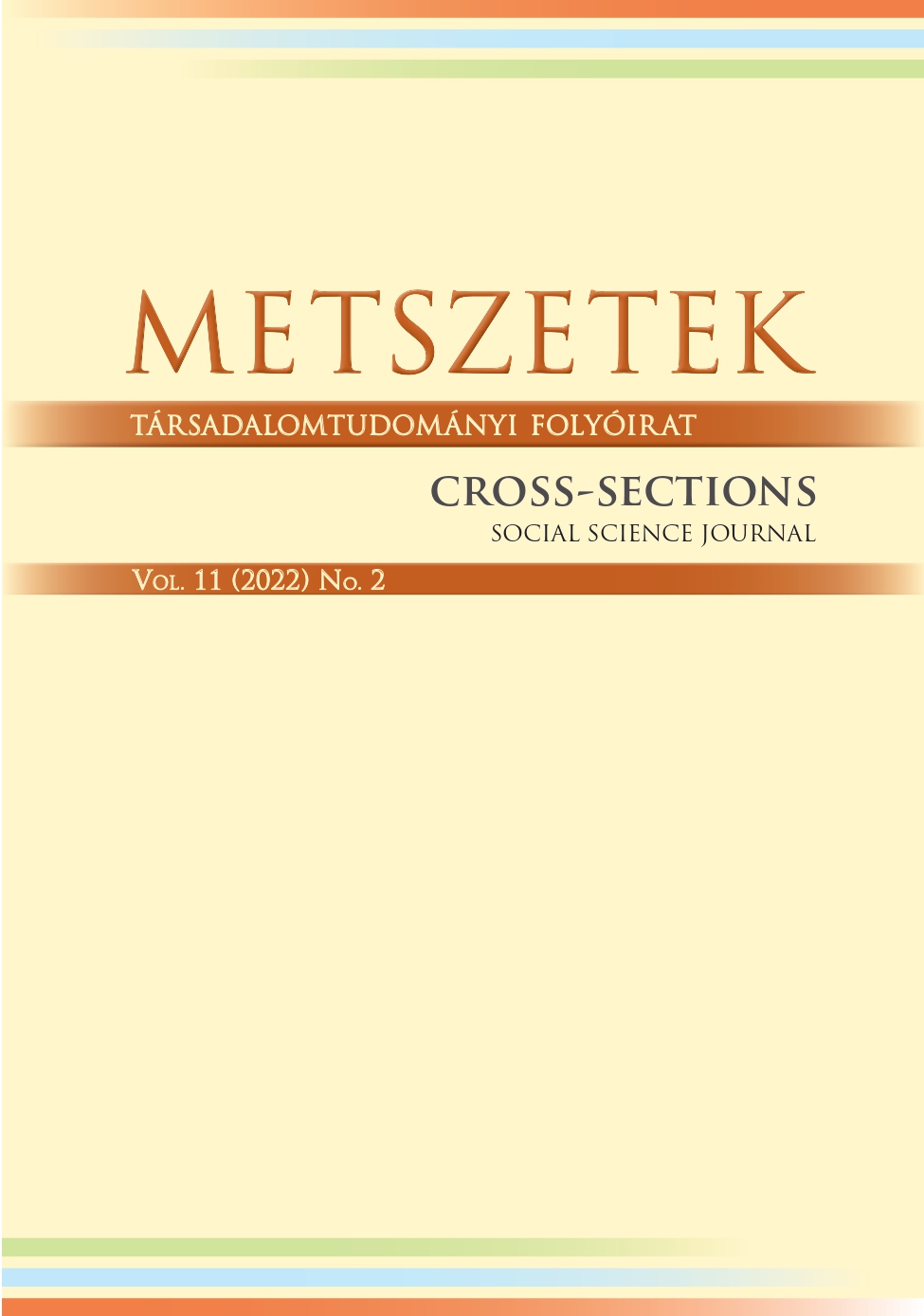A 2011-es választási reform kihatása az országgyűlési választásokra II.
The Effects of the 2011 Electoral Reform on the Results of the Hungarian Legislative Elections II.
Empirical Analysis
Author(s): Levente NagySubject(s): Politics / Political Sciences, Electoral systems
Published by: Debreceni Egyetem Politikatudományi és Szociológiai Intézet
Keywords: electoral reform; vote by mail; winner compensation; disproportional electoral system
Summary/Abstract: A radical electoral reform took place in Hungary in 2011, as a consequence of the sweeping victory of the Fidesz-KDNP coalition in 2010. The government initiated and implemented a reform which was not based on a consensus of all political parties. Taking advantage of its political position (qualified majority government), Fidesz introduced among other changes the winner compensation, and gave voting right to non-resident Hungarians. The present paper tries to present some of the value-based and interest-oriented arguments related to the reform of 2011, showing that the real (power) interests were hushed up, while the government tried to legitimize the electoral reform based on several value-oriented arguments.
Journal: Metszetek - Társadalomtudományi folyóirat
- Issue Year: 11/2022
- Issue No: 2
- Page Range: 89-111
- Page Count: 23
- Language: Hungarian

